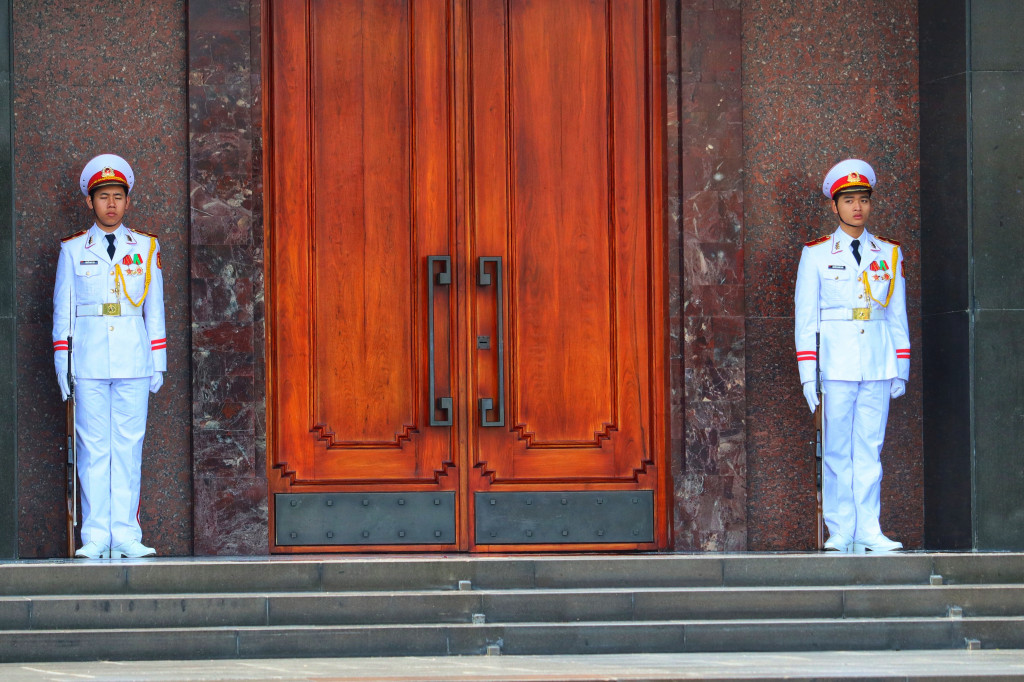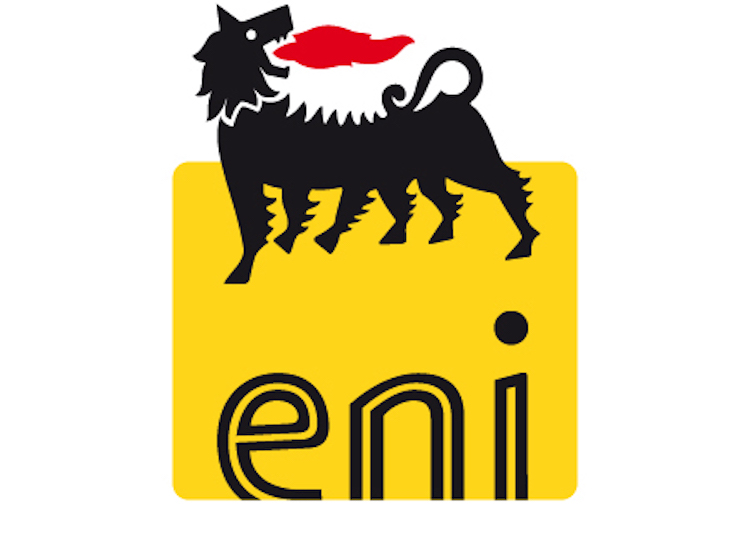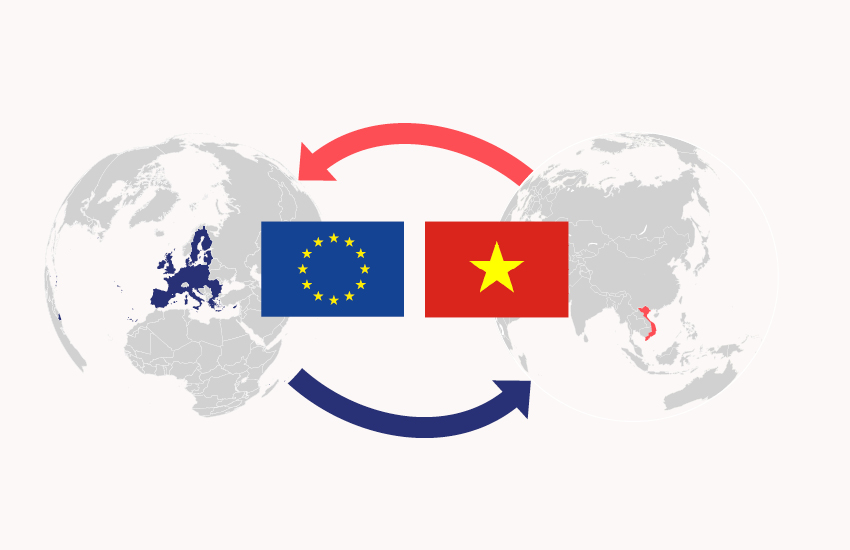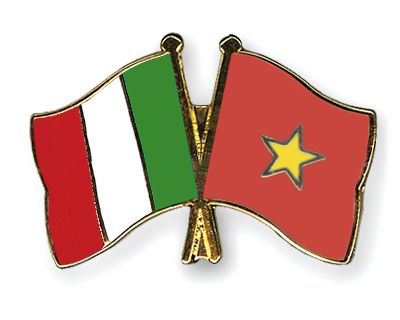Vietnam moves in the world between old allies and the General Assembly. At the heart of Hanoi's actions is the accumulation of vaccine stocks and the strengthening of old and new partnerships in terms of cooperation, health, security and economic growth.
Southeast Asia is experiencing a further wave of infections and a severe shortage of vaccine stocks, as well as being crossed by the general fibrillation triggered by the AUKUS storm. At the center is Vietnam which is proving to be among the most active in the search for serums, in the consolidation of old relationships on a regional and global scale as well as in the push towards economic recovery.
The last few weeks have been lived at a fast pace by the representatives of the Communist Party and the Vietnamese government, especially by the Secretary General Nguyen Phu Trong, the Minister of Foreign Affairs Bui Thanh Son, the President Nguyen Xuan Phuc and the Prime Minister Pham Minh Chinh.
The Vietnamese leadership still takes into account the ideological assonance to guide the country's relations with the outside world. Trong had a long telephone conversation with Xi Jinping, in which he called for fairer trade relations, but also a rebalancing in other areas, especially in the management of border areas so as not to slow down the flow of people, as in the control of the pandemic to contain the increase in infections and in maritime cooperation. Trong also expressed his intention to maintain closer interministerial relations between the two countries in order to foster an environment increasingly capable of supporting synergistic economic development.
Still on the red path, President Phuc's expedition to Cuba and Foreign Minister Son's visit to Moscow gave a further demonstration of how the non-Western world is capable of moving autonomously in diplomatic and biotechnological terms. Ideological solidarity in the Cuban case and post-ideological in the Russian case, is the fil rouge that guides the Vietnamese external moves, which before relating to the rest of the international community continues to move in a well-kept socialist and post-socialist garden.
The vaccination diplomacy implemented by Russia has allowed Vabiotech laboratories to produce in Vietnam some doses of Sputnik V serum, which will then be evaluated by Russian research institutes. Relations between Vietnam and the Russian Federation currently pursue two objectives: to install vaccination production in the Vietnamese borders in order to have an extra asset in the fight against the pandemic and to grant an access into the Russian market to the Vietnamese agricultural products (bilateral trade increased by 12.5% in the first half of 2021). What Russia is asking for in return is cooperation and support in international forums, especially in ASEAN.
Immediately outside this close and vital diplomatic network, Vietnam finds itself more than ever in need to deal with powers of various kinds: Australia, which recently entered AUKUS, is one of these. Vietnam is on good terms with Canberra, with which it conducts annual maritime exercises within the Indo-Pacific Endeavours, begun in 2016 on the initiative of the Australian Ministry of Defence. The navies of the two countries have been exchanging practices and knowledge in many areas of intervention for five years. The strategic-military partnership between Vietnam and Australia is a solid pillar for Vietnamese political balancing.
Then, there is the European Union with its regional entities, especially the French-speaking Belgian one that is very deeply immersed in the Vietnamese context, in a win-win relationship based on cooperation and development. Very active for about fifty years, the French-speaking Belgian community has carried out a total of 783 projects in the biotechnological, medical, environmental, educational and cultural sectors. The mutual benefit lies in the enhancement of Vietnamese technological development and in the possibility for Belgians to invest directly in the country through the Walloon Export and Foreign Investment Agency, in agreement with the Vietnamese Ministry of Planning and Investment. Relations between the European bloc and Hanoi have flourished in recent times, as shown by the free trade agreement with the European Union of August 2020 that fits perfectly with the Vietnamese development and growth priorities of the 2021-2025 five-year plan. Vietnam's multilateralism is working: constant donations through Covax in several tranches have brought more than nine million doses from the EU, mainly from France and Italy, as well as medical equipment. To date, keeping on with the good old relations with the socialist and post-socialist field without cutting off from the rest of the world has allowed Vietnam to receive more than 54 million doses via Covax.
Following this renewed international momentum, the government delegates clearly show a new assertiveness and confidence even in the headquarters of the world forum: at the 76th session of the United Nations General Assembly in New York City, President Phuc spoke on behalf of that part of the world that hasn’t been reached sufficiently by the allocation of serums and that hasn’t been vaccinated enough.
Hanoi has definitively stretched the Ho Chi Minh Trail thanks to which Vietnam lends itself to being an increasingly important pivot at the regional level, especially after the outcomes of Doi Moi ("renewal", a process started in 1986 and similar to Deng Xiaoping's Reform and Opening program) and showing itself inclined to contribute to the balance of East Asia in times of great turmoil.






